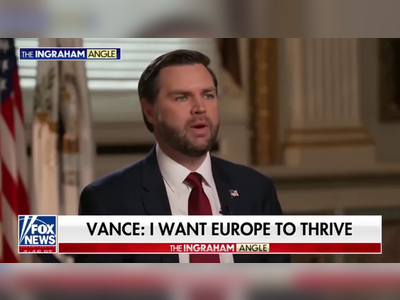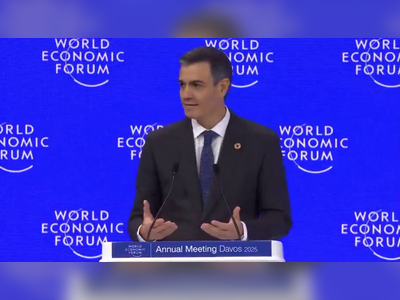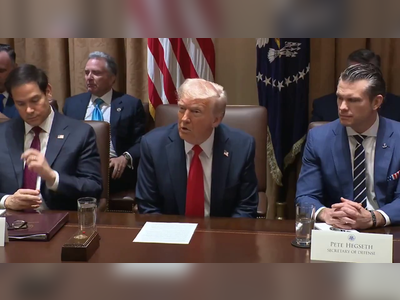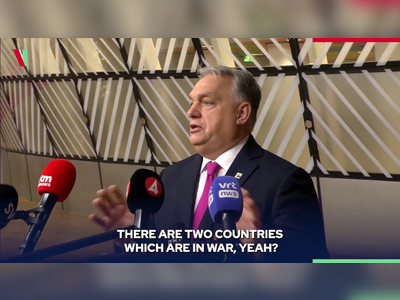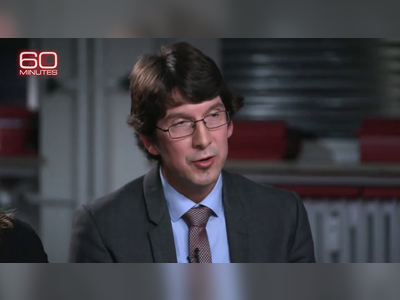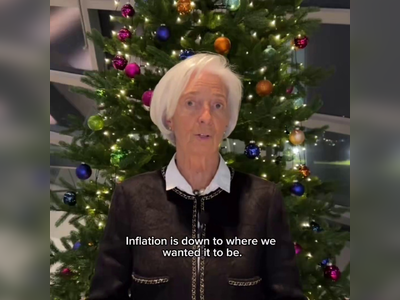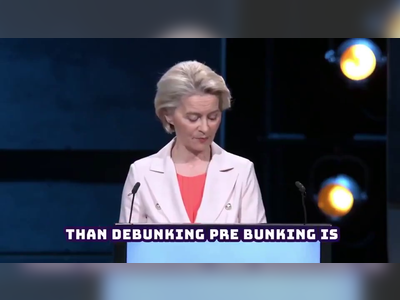Iran Rejects U.S. Offer for Nuclear Negotiations as Tensions Escalate
Supreme Leader Ayatollah Ali Khamenei describes U.S. proposal as a deceptive tactic amid ongoing pressure.
On March 12, 2025, Ayatollah Ali Khamenei, the Supreme Leader of Iran, officially dismissed a proposal from the United States for negotiations concerning Iran's nuclear program.
This proposal was conveyed by Anwar Gargash, a senior advisor to the President of the United Arab Emirates, to Iranian Foreign Minister Abbas Araghchi.
President Donald Trump had initiated the outreach through a letter suggesting discussions focused on the nuclear issue, coinciding with heightened pressure on Tehran.
Khamenei characterized the U.S. approach as a 'deception' aimed at manipulating public opinion.
He expressed skepticism regarding the value of negotiations, asserting, 'If we know they will not adhere to it, what is the purpose of negotiations?
Thus, the invitation to talks is a deception of public opinion.' Khamenei also noted that the United States is intensifying its pressure on Iran.
In a recent statement, President Trump confirmed he had proposed the nuclear talks in a letter to Khamenei while also outlining two possible strategies for addressing relations with Iran: military action or reaching a deal to prevent Iran from acquiring nuclear weapons.
Khamenei, who holds the ultimate authority on state issues, emphasized that Iranian leadership would not yield to pressure tactics or excessive negotiation demands.
This latest development occurs against the backdrop of increasing tensions that originated from Trump's 2018 decision to withdraw the United States from the Joint Comprehensive Plan of Action (JCPOA).
The JCPOA was established in 2015 between Iran and world powers in an effort to limit Iran's nuclear capabilities.
The U.S. exit from the agreement led to the reimposition of extensive sanctions, which had a severe impact on the Iranian economy.
In response, Tehran gradually began to step back from its commitments under the JCPOA, ultimately breaching nuclear enrichment limits defined in the agreement approximately a year later.
Iranian officials have consistently maintained that the country's nuclear program is intended for peaceful purposes, firmly denying any aspirations to develop nuclear weapons.
Khamenei reiterated this stance, stating, 'If we wanted to build nuclear weapons, the U.S. could not prevent us.
We ourselves do not want that.'
Nonetheless, there has been growing concern regarding Iran's nuclear developments, particularly in light of recent reports from the International Atomic Energy Agency (IAEA) indicating a significant increase in Iran's stockpile of uranium enriched to 60 percent purity.
This level is approaching the weapons-grade threshold of around 90 percent.
This proposal was conveyed by Anwar Gargash, a senior advisor to the President of the United Arab Emirates, to Iranian Foreign Minister Abbas Araghchi.
President Donald Trump had initiated the outreach through a letter suggesting discussions focused on the nuclear issue, coinciding with heightened pressure on Tehran.
Khamenei characterized the U.S. approach as a 'deception' aimed at manipulating public opinion.
He expressed skepticism regarding the value of negotiations, asserting, 'If we know they will not adhere to it, what is the purpose of negotiations?
Thus, the invitation to talks is a deception of public opinion.' Khamenei also noted that the United States is intensifying its pressure on Iran.
In a recent statement, President Trump confirmed he had proposed the nuclear talks in a letter to Khamenei while also outlining two possible strategies for addressing relations with Iran: military action or reaching a deal to prevent Iran from acquiring nuclear weapons.
Khamenei, who holds the ultimate authority on state issues, emphasized that Iranian leadership would not yield to pressure tactics or excessive negotiation demands.
This latest development occurs against the backdrop of increasing tensions that originated from Trump's 2018 decision to withdraw the United States from the Joint Comprehensive Plan of Action (JCPOA).
The JCPOA was established in 2015 between Iran and world powers in an effort to limit Iran's nuclear capabilities.
The U.S. exit from the agreement led to the reimposition of extensive sanctions, which had a severe impact on the Iranian economy.
In response, Tehran gradually began to step back from its commitments under the JCPOA, ultimately breaching nuclear enrichment limits defined in the agreement approximately a year later.
Iranian officials have consistently maintained that the country's nuclear program is intended for peaceful purposes, firmly denying any aspirations to develop nuclear weapons.
Khamenei reiterated this stance, stating, 'If we wanted to build nuclear weapons, the U.S. could not prevent us.
We ourselves do not want that.'
Nonetheless, there has been growing concern regarding Iran's nuclear developments, particularly in light of recent reports from the International Atomic Energy Agency (IAEA) indicating a significant increase in Iran's stockpile of uranium enriched to 60 percent purity.
This level is approaching the weapons-grade threshold of around 90 percent.
AI Disclaimer: An advanced artificial intelligence (AI) system generated the content of this page on its own. This innovative technology conducts extensive research from a variety of reliable sources, performs rigorous fact-checking and verification, cleans up and balances biased or manipulated content, and presents a minimal factual summary that is just enough yet essential for you to function as an informed and educated citizen. Please keep in mind, however, that this system is an evolving technology, and as a result, the article may contain accidental inaccuracies or errors. We urge you to help us improve our site by reporting any inaccuracies you find using the "Contact Us" link at the bottom of this page. Your helpful feedback helps us improve our system and deliver more precise content. When you find an article of interest here, please look for the full and extensive coverage of this topic in traditional news sources, as they are written by professional journalists that we try to support, not replace. We appreciate your understanding and assistance.
